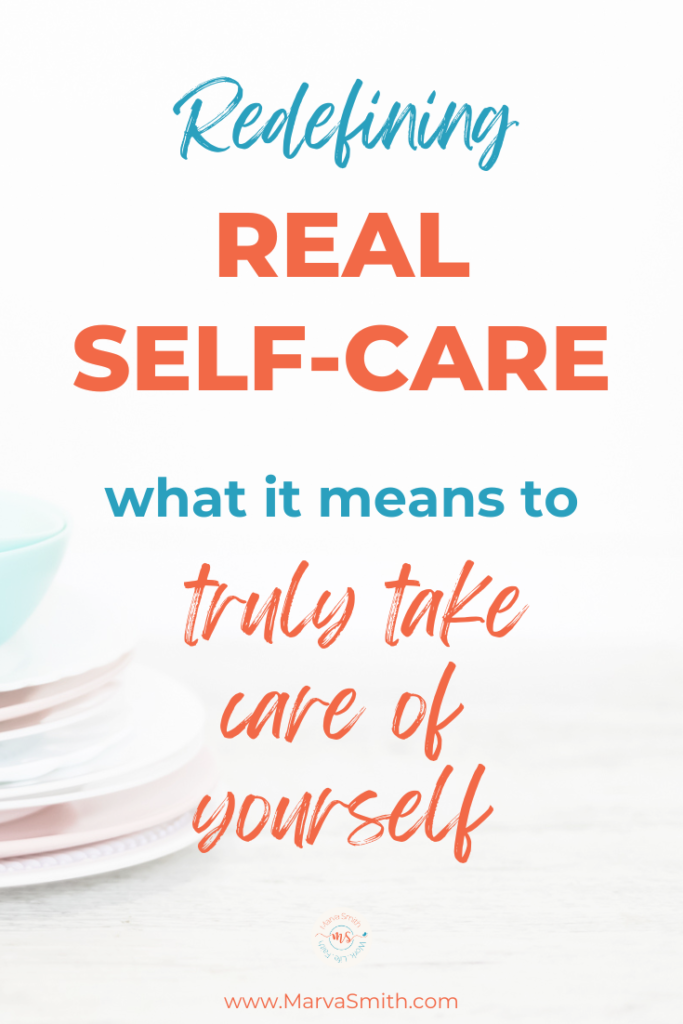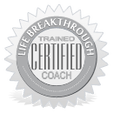It’s no secret that some view self-care as selfish, but real self-care goes beyond the oft-expected spa retreats and holidays. Real self-care is an integral part of a healthy lifestyle; not a luxury reserved for a chosen few with extra time and money. It is true that the mere mention of “self-care” often evokes images of luxurious spa treatments and lots of ‘me time’. While these indulgent experiences have their merits, they are just a small part of the broader concept of self-care.
This page includes affiliate links which means if you purchase using a link here, I may receive a commission. It’s no extra cost to you and helps support this site. Please know that I only share products/resources that I love and trust and which I believe will benefit you. See my full disclosure policy here.
Dr. Robyn L. Gobin in her best-selling book, The Self-Care Prescription (Gobin, 2019) (affiliate link), explains that self-care involves “spending dedicated time getting to know who you are and what you need, and then committing to giving yourself what you need to be happy healthy and fully present for your life.” When we think of self-care in that light it becomes clear why it is such an important part of happy and healthy living.

The Need for Real Self-Care
Self-care is not just a nice thing to do.
Self-care contributes to improved physical, mental and emotional health. It can help you manage stress, lower your risk of illness, and increase your energy. We know that when chronic stress is not managed it can wreak havoc on your health, weaken your immune system and make you more susceptible to health issues such as colds, stomach pains, high blood pressure and heart disease (Self-Care Isn’t Selfish: 17 Tips for Making Yourself a Priority, 2023).
“When we optimize self-care, we feel better, look better, and have more energy”, says Monica Vermani in the Psychology Today article, The Connection Between Self-Care and Mental Health (Vermani, 2023). She goes on to say that “self-care is linked to improved mental health, with benefits like enhanced self-esteem and self-worth, increased optimism, a positive outlook on life, and lower levels of anxiety and depression.”
The takeaway here is that while we all need self-care, there’s no one-size-fits-all approach. If we hold the view that self-care is rooted in overall wellness, it makes sense to consider the six dimensions of wellness outlined by the National Wellness Institute: physical, spiritual, emotional, intellectual, vocational, and social.

What Real Self-Care Looks Like
Trying to address all six areas of wellness in your self-care routine might feel overwhelming, but thankfully you don’t have to figure it out alone. In The Self-Care Prescription, Dr. Gobin outlines each type of self-care, and provides prompts to help you determine your self-care needs, and tips for creating your personalized self-care plan. Consider Dr. Gobin’s six self-care areas to see which ones need a little tender loving care.
Physical Self-Care – includes exercise, proper nourishment for your body and healthy habits. Many of us are familiar with this type of self-care but probably don’t call it that. It’s a reminder that physical movement, sleep and rest, and proper nutrition are all part of our self-care prescription.
Spiritual Self-Care – enjoying meaning and purpose in life. Simple things like “taking five minutes to say a prayer, mediate, read a spiritually uplifting blog, or go outside and be in nature can give you the spiritual boost you need to remain calm and connected to your inner voice”, says Dr. Gobin.
Emotional Self-Care – involves embracing all your emotions and having the skills and tools to manage intense or difficult ones. With emotional self-care you actively take responsibility for your emotions and seek to manage them effectively.

Intellectual Self-Care – involves keeping your mind sharp. Just as our bodies need exercise, so do our minds. Learning about new topics that interest you and adopting a growth mindset are all part of intellectual self-care.
Vocational Self-Care – involves finding meaning in your work. This is not about having the perfect job or working under the perfect circumstances. Dr. Gobin explains that you get your vocational needs met when you are “using your strengths and talents to do work that you feel has meaning and purpose, whether or not you are paid for it.”
Social Self-Care – this involves healthy relationships and connections. Taking care of existing relationships and friendships, nurturing new ones, and setting boundaries are all part of social self-care.
Steps to a Real Self-Care Journey
To truly take care of yourself (i.e. real self-care), incorporate the practices above into your routine. If you don’t have a self-care routine yet, I hope these tips inspire you to start one today. Prioritizing your well-being in a meaningful way is essential, and these steps can help you get there.
Next time, I’ll share some practical tips to you get started (or encourage you to keep going) on your real self-care journey.
Resources mentioned:
The Self-Care Prescription by Robyn L. Gobin, PhD – get a copy here.

Leave a Reply